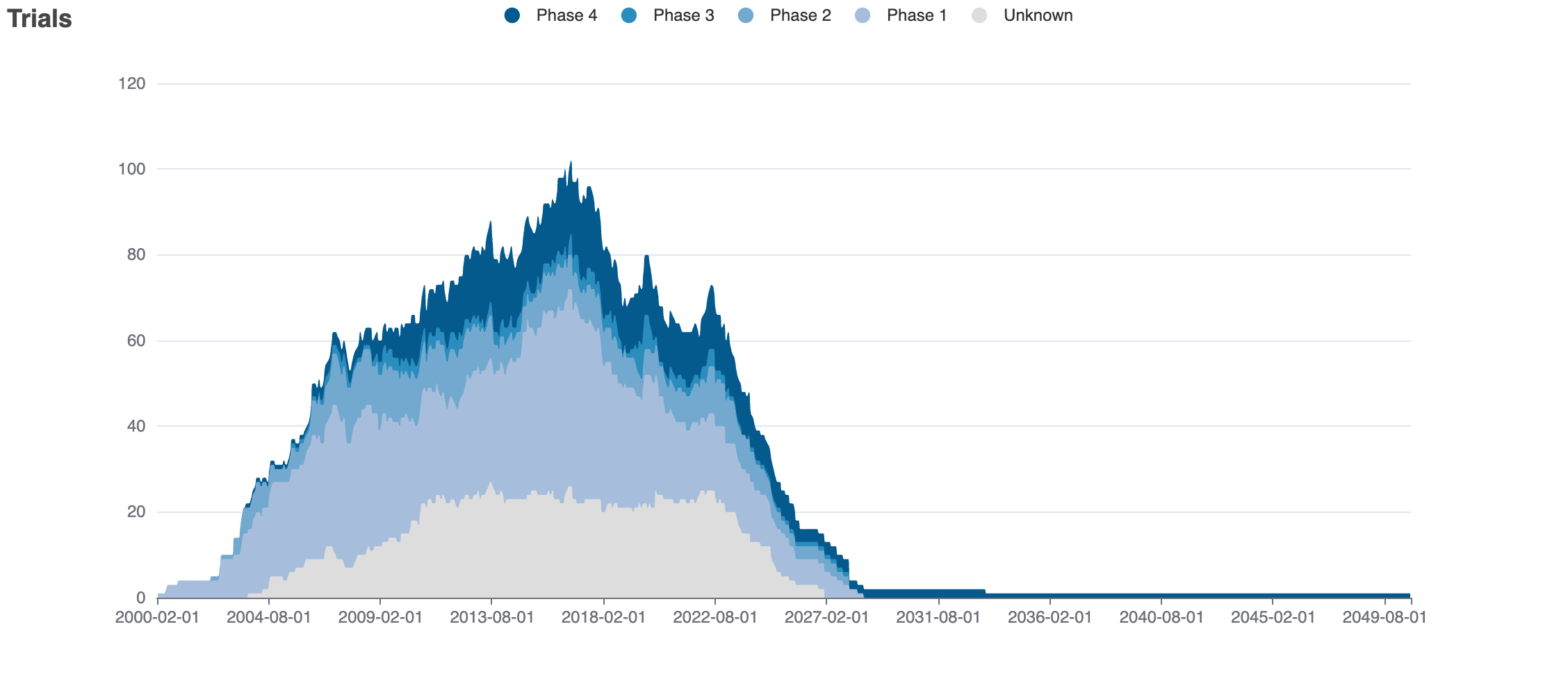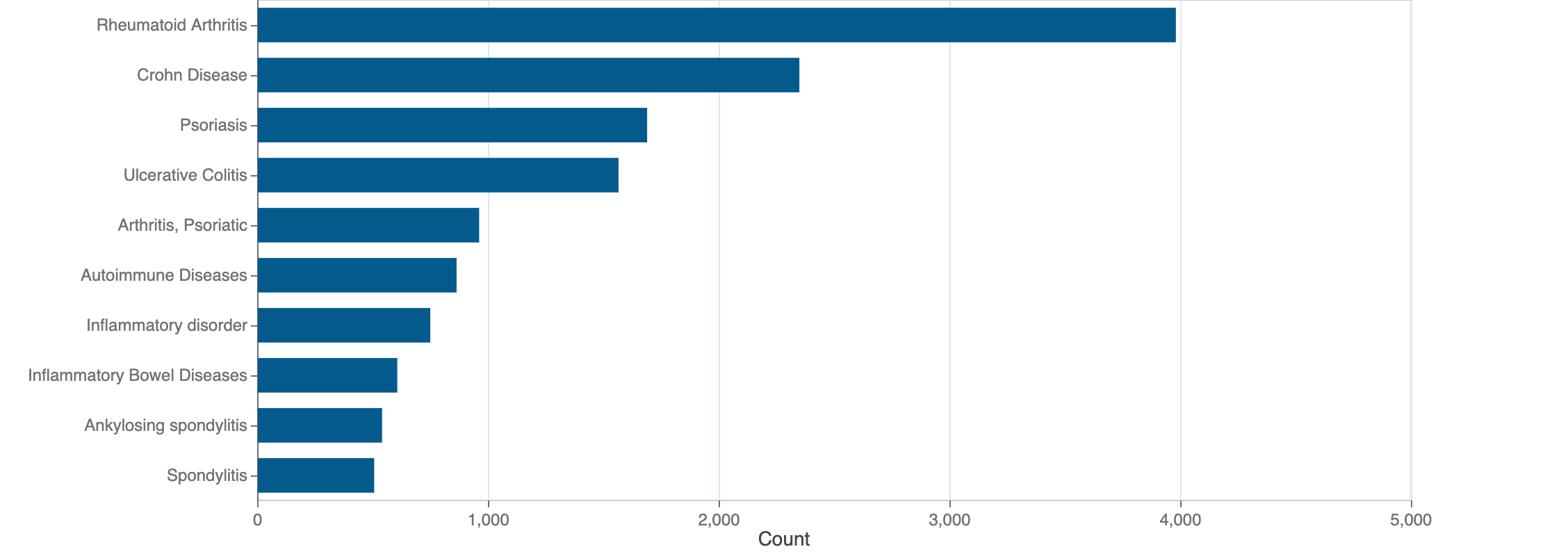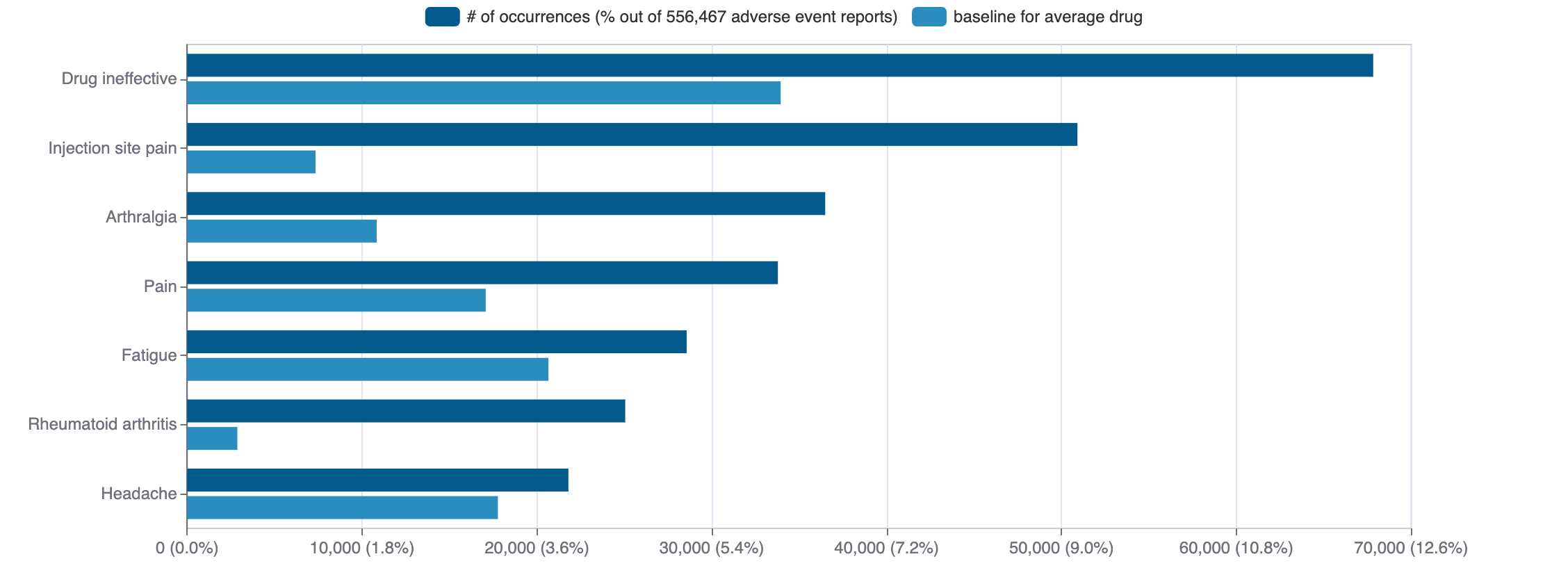MERICITABINE
Mericitabine is a small molecule pharmaceutical. It is currently being investigated in clinical studies.
Download report
Favorite
Events Timeline
Commercial
Clinical
Drug
Target
Variants
Financial
Trends
Safety
Events Timeline
5D
1M
3M
6M
YTD
1Y
2Y
5Y
Max
Events
FDA approval date
EMA approval date
Patent expiration date
Study first post date
Last update post date
Start date
Primary completion date
Completion date
Results first post date

Mock data
Subscribe for the real data
Subscribe for the real data
Commercial
No data
Clinical
Clinical Trials
14 clinical trials
View more details

Mock data
Subscribe for the real data
Subscribe for the real data
Indications Phases 4
No data
Indications Phases 3
No data
Indications Phases 2
Indication | MeSH | Ontology | ICD-10 | Ph 1 | Ph 2 | Ph 3 | Ph 4 | Other | Total |
|---|---|---|---|---|---|---|---|---|---|
| Chronic hepatitis c | D019698 | EFO_0004220 | B18.2 | 1 | 10 | — | — | — | 11 |
| Hepatitis c | D006526 | — | B19.2 | 2 | 5 | — | — | — | 6 |
| Hepatitis | D006505 | — | K75.9 | 1 | 4 | — | — | — | 5 |
| Hepatitis a | D006506 | EFO_0007305 | B15 | 1 | 4 | — | — | — | 5 |
| Healthy volunteers/patients | — | — | — | 3 | 1 | — | — | — | 3 |
| Hepacivirus | D016174 | — | — | 1 | 1 | — | — | — | 1 |
Indications Phases 1
No data
Indications Without Phase
No data
Epidemiology
Epidemiological information for investigational and approved indications
View more details
Drug
General
| Drug common name | MERICITABINE |
| INN | mericitabine |
| Description | Mericitabine (RG-7128) is an antiviral drug, a deoxycytidine analog (a type of nucleoside analog). It was developed as a treatment for hepatitis C, acting as a NS5B RNA polymerase inhibitor, but while it showed a good safety profile in clinical trials, it was not sufficiently effective to be used as a stand-alone agent. However mericitabine has been shown to boost the efficacy of other antiviral drugs when used alongside them, and as most modern treatment regimens for hepatitis C use a combination therapy of several antiviral drugs, clinical trials have continued to see if it can form a part of a clinically useful drug treatment program.
|
| Classification | Small molecule |
| Drug class | nucleoside antiviral or antineoplastic agents, cytarabine or azarabine derivatives |
| Image (chem structure or protein) |  |
| Structure (InChI/SMILES or Protein Sequence) | CC(C)C(=O)OC[C@H]1O[C@@H](n2ccc(N)nc2=O)[C@](C)(F)[C@@H]1OC(=O)C(C)C |
Identifiers
| PDB | — |
| CAS-ID | 940908-79-2 |
| RxCUI | — |
| ChEMBL ID | CHEMBL562967 |
| ChEBI ID | — |
| PubChem CID | 16122663 |
| DrugBank | — |
| UNII ID | TA63JX8X52 (ChemIDplus, GSRS) |
Target
No data
Variants
No data
Financial
No data
Trends
PubMed Central
Top Terms for Disease or Syndrome:

Mock data
Subscribe for the real data
Subscribe for the real data
Additional graphs summarizing 360 documents
View more details
Safety
Black-box Warning
No Black-box warning
Adverse Events
© 2020-2025 Collaborative Drug Discovery Inc. (CDD) | Terms of Use
